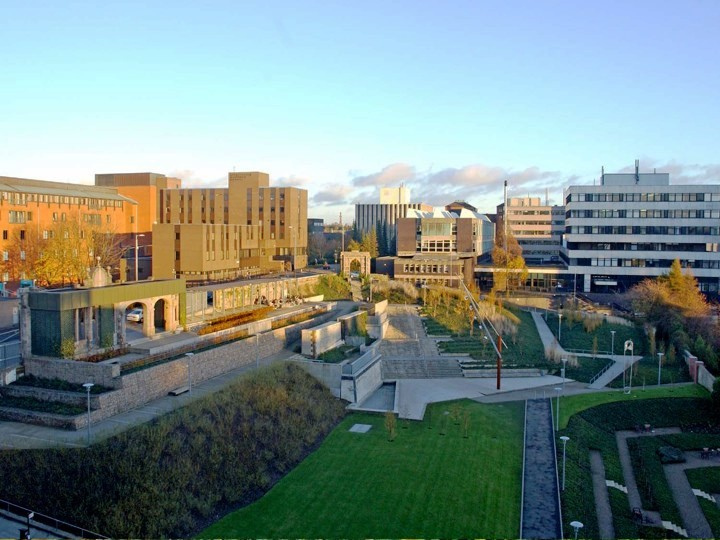Energy services company N-Sea has worked with Strathclyde University, supported by The Data Lab, to develop a ’24-layer convolutional neural network’ to identify problems when subsea surveying in murky water.
The algorithm developed by the team annotates video frames from three general-purpose ROV cameras, automatically and in real-time.
Whilst time consuming, the task of identifying significant features in video footage is relatively straight forward for an expert operator. However, results are frequently affected by sand agitation, sea-life or vegetation.
“A number of automatic video annotation approaches have been announced recently,” said David Murray, survey and inspection data centre manager at N-Sea.
“However, these have been demonstrated in clear waters, using bespoke and vendor specific camera systems that mitigate motion blur and poor image quality.
“Although these technological advancements in the equipment are beneficial, the vast majority of work class ROVs are still equipped with standard cameras operating in murky waters.”
The team has developed neural network to accurately identify features in the video frames, such cable or pipeline burial, exposure and field joints. Combining predictions on a number of consecutive frames boosts further the network performance.
“Prior state-of-the-art approaches demand high picture clarity and high visibility to operate effectively,” said Dr Christos Tachtatzis, cecturer and chancellor’s fellow at Strathclyde.
“We have purposely trained and validated the model using video footage typically acquired by ROVs, making the model applicable to the wider subsea survey community.”
Gillian Docherty, chief executive of The Data Lab, added, “The Data Lab seeks to empower Scottish businesses and individuals to harness the full potential of data. Collaborative innovation projects are a key component of our work, and we were more than happy to partner with N-Sea and the University of Strathclyde to achieve their goal.
“Through the use of data science, we have worked together to develop an algorithm that will be the catalyst for a step-change in how the industry approaches sub-sea inspection in a challenging environment; a fantastic result. Scotland is certainly seizing the data opportunity and it is collaborations such as this which bolster our international reputation for excellence in data science skills and innovation.”
N-Sea is known for its innovative work as an independent offshore subsea contractor, specialising in IMR services for the oil and gas, renewable and telecom and utility industries, as well as for civil contracting communities.




